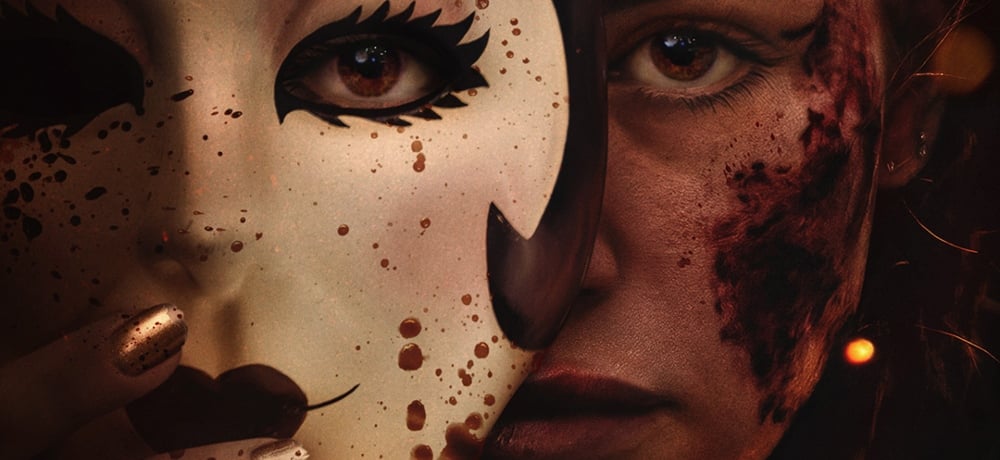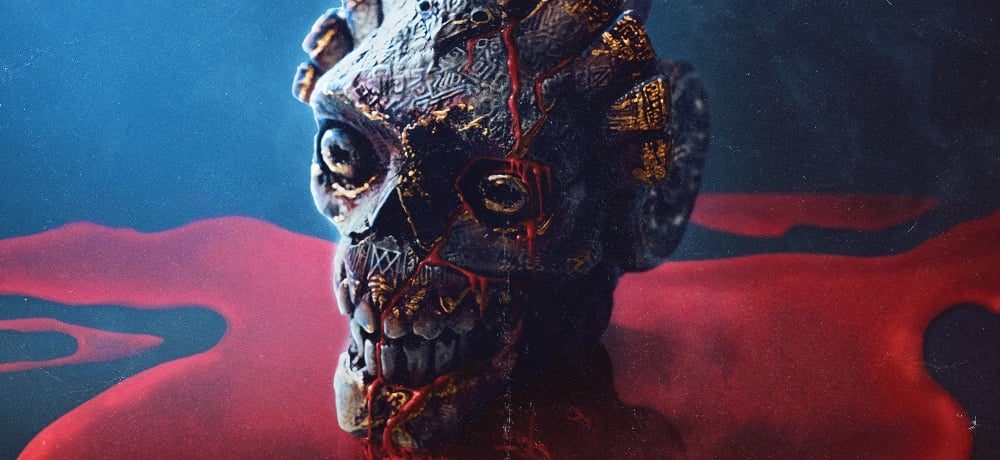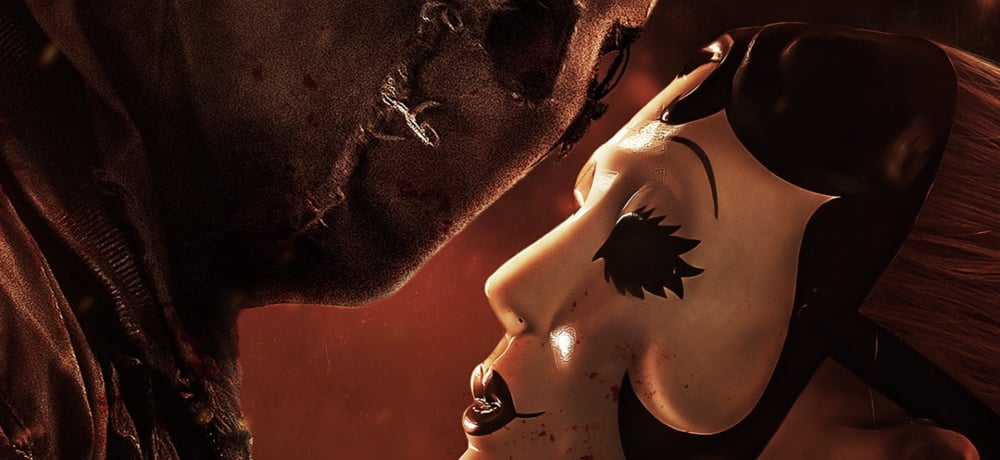





Arriving in limited theaters this Friday (and hitting VOD/Digital on October 3rd) is writer/director Mateo Gil’s intriguing sci-fi drama, Realive, which boldly confronts mortality and medical morality after its protagonist Marc (Tom Hughes) is diagnosed with an inoperable brain tumor, and instead of accepting his impending death, chooses to be cryogenically frozen in hopes of being brought back sometime in the future. Marc gets his wish, which seems like the perfect situation, but as complications arise, he begins to realize that his new immortality isn’t necessarily worth it.
Daily Dead recently caught up with Gil to discuss the inspirations behind Realive, the challenges he faced while making his ambitious futuristic sci-fi project, what he saw in Hughes, and more.
Congrats on the film, Mateo. I’d love to hear what inspired your story, because we've seen movies that have explored the idea of death and the desire for immortality, but I think you did it in a very interesting and unique way.
Mateo Gil: Yeah, I think there were many sources of inspiration for me. The one that made me write the script, though, was a piece of news that I read in 2008. It's a piece of news that actually appears in the movie, too, where a team of doctors were able to make a heart using stem cells, injecting them into the matrix of a dead rat heart, and that heart was alive for a few seconds.
That news was a tremendous hit for me, so I decided I had to write a story that somehow related to it, but the overall idea was older than that. This was a very old idea I had, and I don't know the inspiration, but a lot of it involves my own fears about old age and dying, which is something most of us worry about, too.
In terms of figuring out how to bring this idea into the future, were there certain other touchstones in terms of movies, or popular culture, or anything like that, that you tapped into to create this futuristic version of the world that Marc is brought into?
Mateo Gil: Many of the decisions that we made in this movie were made because this is a very small movie made in Spain. So, you have to take that into account because we had to make it in English, we had to pretend that this was California, and this is not a big movie—probably somewhere around four million euro [a little over $1 million US]. So, many of our decisions had to do with making a credible future and making a credible California here in Spain.
There were many sources of inspiration for the aesthetics, but the first thing was finding the right locations and then working around them. And once we had the base building where everything happens, we created all the aesthetics based on that building’s design. So it was us making decisions that felt practical, but were still in line with my vision for this film. It was very challenging.
I was going to ask about the challenges, because this is a very ambitious movie, and there are a lot of technical aspects, plus characters, production design, and everything to this world. It all feels authentic and believable.
Mateo Gil: One of my biggest preoccupations was to create a credible movie that’s still a small movie. I learned the only way to be free to tell these kind of stories is to just go out there and make these kind of movies. So that was my choice. I wanted to make this movie the way that we did and we got lucky with so many aspects. I'm very happy with the result that we got because the way the story is, in a personal way, like a diary, and I was really free to do it because my producers were giving me this freedom to do it all the way I wanted.
I'd love to talk about Tom before we go, because he's pretty much the foundation for this film and so much of it revolves around his performance. Can you discuss finding him and what it was that you saw in him that made him perfect to be Marc, this guy who basically has to live these two totally different existences?
Mateo Gil: If I am being honest, Tom only appeared about three weeks before the shooting in a casting call. He was a happy find for us in London. When he did the test he was so—the word is not powerful—he was powerful, but he was also very anxious to do the role, and to get involved in this kind of role. So I could see how personal his way of approaching this character was to him, and I liked that a lot. So that was it, and then we had a lot of conversations. I discovered after that he was very in tune with the character and that was very important for me. It was a real pleasure to work with him on this film.